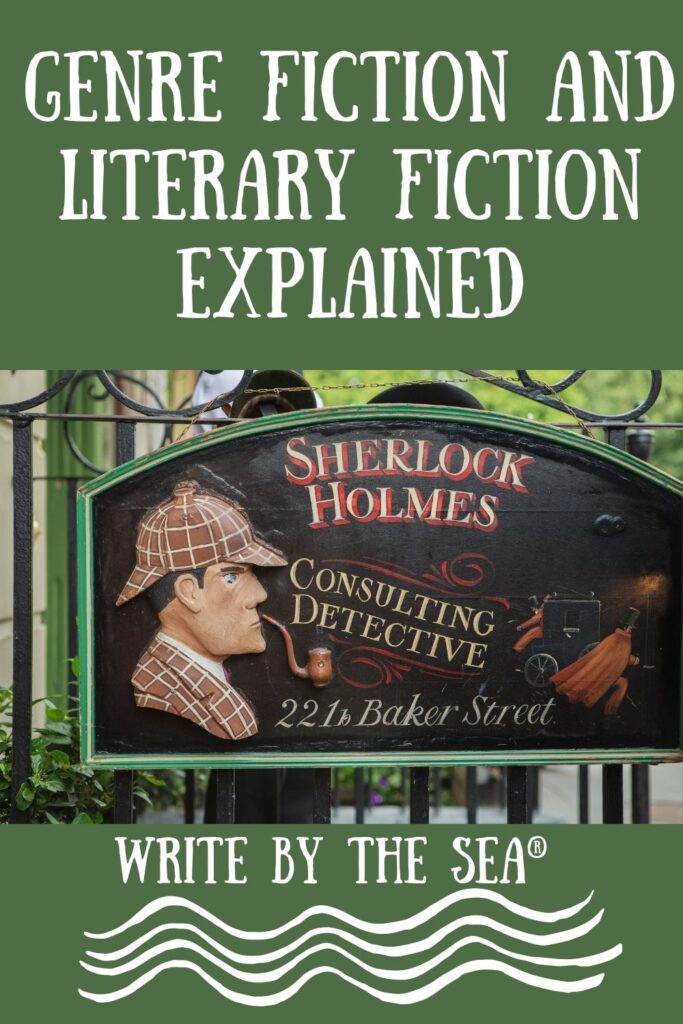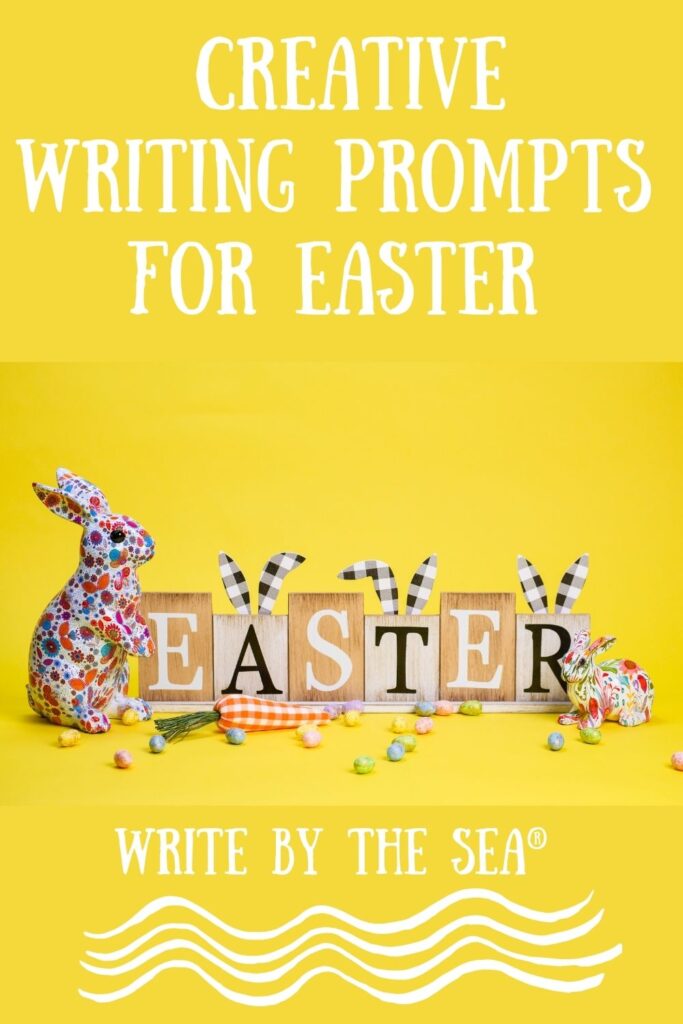
The distinction between genre fiction and literary fiction often sparks debate among readers, writers, and critics.
While both forms offer valuable contributions to the literary world, they cater to different tastes and serve distinct purposes.
First, let me define genre fiction and give some examples.
Genre Fiction
Definition and Characteristics
Genre fiction, also known as popular or commercial fiction, refers to books that adhere to specific genre conventions and are often categorized based on the plot, setting, and themes.
The primary goal of genre fiction is to entertain and engage readers with familiar tropes and storylines.
It is plot-driven and tends to prioritize fast-paced narratives, clear resolutions, and satisfying conclusions.
Genre fiction is comprised of various subgenres, each with its own set of conventions and loyal readership.
Some prominent subgenres include:
#1. Science Fiction
Explores futuristic, scientific, or technological concepts.
Examples: Dune by Frank Herbert; Neuromancer by William Gibson; The Martian by Andy Weir
#2. Fantasy
Involves magical elements and imaginary worlds.
Examples: The Hobbit by J.R.R. Tolkien, Harry Potter and the Sorcerer’s Stone by J.K. Rowling; The Name of the Wind by Patrick Rothfuss.
#3. Romance
Focuses on romantic relationships, often with a happy ending.
Examples: Pride and Prejudice by Jane Austen; Outlander by Diana Gabaldon; Me Before You by Jojo Moyes.
#4. Mystery/Thriller
Centers on solving a crime or unraveling a suspenseful plot.
Examples: The Girl with the Dragon Tattoo by Stieg Larsson; Gone Girl by Gillian Flynn; Big Little Lies by Liane Moriarty.
#5. Horror:
Designed to evoke fear and suspense.
Examples: The Shining by Stephen King, Bird Box by Josh Malerman; The Haunting of Hill House by Shirley Jackson.
Literary Fiction
Definition and Characteristics
Literary fiction, on the other hand, is often regarded as more serious and introspective.
It is character-driven rather than plot-driven, focusing on the inner lives of characters, complex themes, and stylistic innovation.
Literary fiction seeks to provoke thought and reflection, often exploring the human condition, societal issues, and existential themes.
Stylistic Elements
Literary fiction is known for its emphasis on style, language, and thematic depth.
Authors of literary fiction often experiment with narrative techniques, perspectives, and structures.
The prose tends to be more elaborate, and the pacing can be slower compared to genre fiction.
There is also a greater focus on ambiguous or open-ended conclusions, encouraging readers to ponder and interpret the story’s meaning.
Examples of Published Literary Fiction
To Kill a Mockingbird by Harper Lee: Explores racial injustice and moral growth in the American South.
Beloved by Toni Morrison: Examines the traumatic legacy of slavery through a haunting narrative.
The Great Gatsby by F. Scott Fitzgerald: Critiques the American Dream and explores themes of wealth, love, and disillusionment.
One Hundred Years of Solitude by Gabriel Garcia Marquez: Blends magical realism with a multi-generational family saga.
The Road by Cormac McCarthy: A post-apocalyptic journey highlighting the bond between father and son.
Key Differences Between Genre Fiction and Literary Fiction
#1. Purpose and Focus
Genre Fiction: Primarily aims to entertain and provide escapism.
Literary Fiction: Seeks to provoke thought, reflect on the human experience, and often tackles deeper philosophical or social issues.
#2. Narrative Style
Genre Fiction: Plot-driven with a focus on pacing, conflict, and resolution.
Literary Fiction: Character-driven with an emphasis on language, style, and thematic depth.
#3. Conventions and Tropes
Genre Fiction: Adheres to established genre conventions and familiar tropes.
Literary Fiction: Often breaks away from traditional storytelling methods and experiments with narrative structure.
#4. Audience
Genre Fiction: Appeals to a broad audience looking for entertainment and escapism.
Literary Fiction: Appeals to readers seeking introspective, thought-provoking, and stylistically rich narratives.
Both genre fiction and literary fiction offer unique experiences and cater to different reader preferences.
While genre fiction provides the thrill of a well-told story within familiar frameworks, literary fiction challenges readers to explore complex characters and themes through innovative narrative techniques.
Appreciating both forms allows readers to enjoy the full spectrum of what literature has to offer.
Now, before you go, if you haven’t subscribed to The Morning Nudge, be sure to do that now, so you get our Law of Attraction Checklist for Writers and free access to our Private Resource Library for Writers, as well as a short email every weekday morning to help you manifest your writing dreams!







